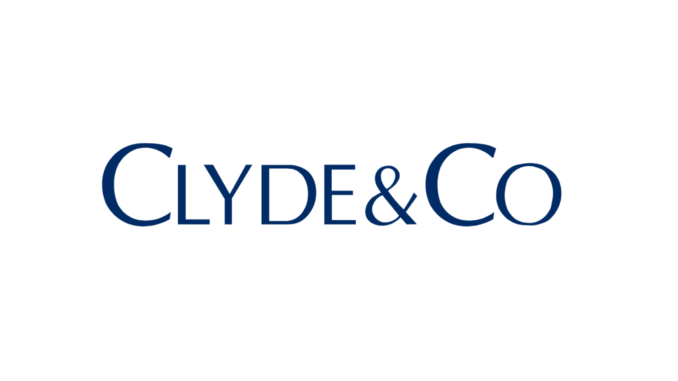
Global law firm Clyde & Co has today launched a ‘first-of-its kind off the shelf connected parametric insurance contract’ for use by insurers through its smart contract consultancy, Clyde Code.
The firm said that the contract has been built in collaboration with smart legal contract platform Clause and according to the specifications developed by the Accord Project, although it can be deployed on other systems and platforms, they added.
The move is another example of how smart contract technology is moving front and centre now, and being taken very seriously by major law firms.
In this case, the ‘connected parametric insurance contract’ – which consists of a data model, a logic code and a supporting natural language contract – covers the insurance of a solar energy producer against the risk of a shortfall in expected energy generation due to unfavourable weather. It automates the performance of the policy by receiving weather data, calculating potential claims obligations, and producing an exportable report of insurance premiums or losses.
The firm added that it will use this model to build other bespoke or off the shelf connected contracts for clients – presumably also with smart contract pioneer, Clause.
Lee Bacon, Partner at Clyde & Co and co-founder of Clyde Code, said: ‘A connected contract is a digital agreement which links external software systems and data sources to enable the automatic execution of insurance contracts. By using real-world data and streamlining processes it offers significant cost and efficiency gains for the industry.’
And, you’re probably going to want to ask: what is the difference between a connected parametric insurance contract and a smart contract? As far as Artificial Lawyer can see, it’s the same thing, but perhaps the former is a bit more precise in its terminology.
3 Trackbacks / Pingbacks
Comments are closed.